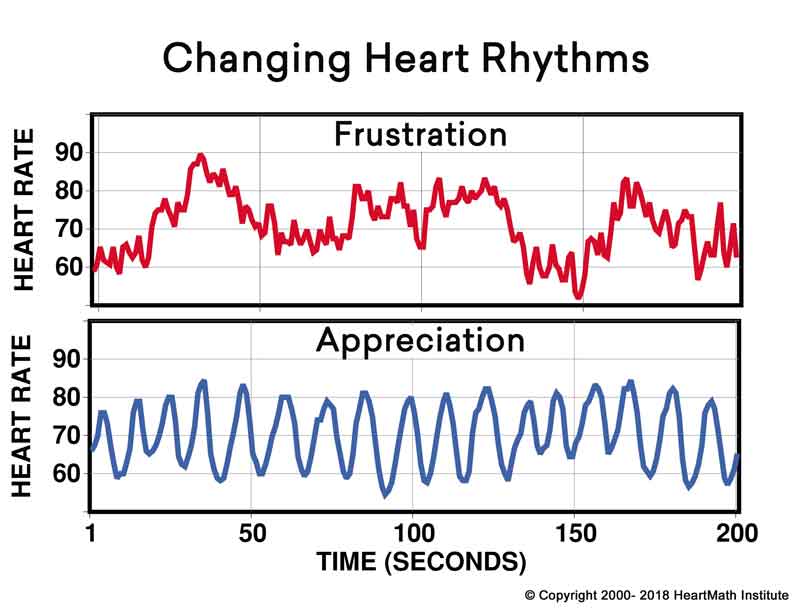It’s harder to sleep in these times. Articles are written every day about the subject. Your reason for tossing and turning at night may be different from mine. But the result is the same. We’re foggy and tired the next day. We keep ourselves alert with coffee, sugar or other stimulants. Then we crash and drag and can’t remember where we left our car keys. Up and down we go. We stay up late to get things done, like “just one-more-email” which stimulates one more. We watch TV to chill before bed but then the theme of the last show we watched takes over our brain and creates restless sleep – if we’re lucky. For many of us, worries and concerns we’ve been pushing aside finally get their time to play out on the stage of our minds without distraction. Where’s that sleeping pill to shut it all off? But that sleeping pill just leaves us dragging again the next day.
We all know the statistics. Not enough sleep affects our emotional well-being, our cognitive clarity, our relationship communications, our performance on the job or elsewhere, our sense of connection to spirit or self, and ultimately our long-term health. We get anxious about not sleeping, which only makes it harder to sleep. Anxiety releases adrenaline which prompts body and mind into action–the opposite of what we need for sleeping. It’s a catch-22. Many of us have tried a lot of the recommended common sense remedies and still often find ourselves lying awake a good part of the night. What are we to do?
If this describes you or someone you care about, there is one place you may not have looked for help that’s about one to two feet under your nose, depending on how tall you are. That place is your heart.
Three Ways Your Heart Can Help You Sleep Better
Your heart beats in a rhythm. Research at the Institute of HeartMath shows that when you are worried, anxious, frustrated – stressed – that rhythm becomes irregular. The more stressed you are, the more chaotic your heart rhythm pattern becomes. So what makes the heart rhythm smooth out quickly? Research shows it’s positive feelings, like love, care, gratitude, appreciation, compassion or joy. These feelings not only feel good but are good for you. They order your heart rhythms, reduce cortisol and increase DHEA (the vitality hormone) to help you sleep more soundly and wake up more energized and refreshed.
When your heart rhythm pattern becomes smooth and ordered, it’s called a coherent rhythm. Below is a picture. You can see how jagged and incoherent the heart rhythm pattern is when you’re anxious or frustrated and how smooth and sine-wave like (coherent) it becomes when you’re feeling appreciation.

What’s cool is that both graphs are of the same person feeling one way then the other within a period of a couple minutes. What’s even cooler is that scientists have found that the smooth, coherent rhythm is the pattern your heart rhythm naturally goes into during deep sleep. So why not give it some help? Here’s how you can:
When you close your eyes at night, tell yourself you aren’t going to overdramatize your concerns about sleeping. Here’s a heart-focused technique we call Attitude Breathing® to help create the coherent rhythmic pattern that can facilitate deeper and more effective sleep:
* Gently breathe an attitude of calm, ease and relaxation for a minute or two. * When relaxed, then breathe an attitude of appreciation, gratitude or love for someone or something–a pet, a time in nature, etc.
* Do this for a few minutes or so to activate the heart rhythms that help release beneficial hormones which reduce stress and restore your system.
If you go to bed with that stressed, jagged heart rhythm pattern, it can disrupt your sleeping rhythms. During deep sleep your breathing and heart rhythms are quieter, your metabolic rate slows and hormonal rhythms change. The stress hormones cortisol and epinephrine (adrenaline) decrease. However, when these rhythms are disrupted, then sleeping restfully or waking up refreshed is hard to come by.
Have you ever noticed what happens when you go to bed without resolving a real or imagined conflict with someone? Your mind won’t stop rehashing what you could have or should have said. Your heart can help.
Respect yourself and the other person. If you can, communicate with her before you go to bed and with open-heartedness and latitude, try to work it out. Check to see if there’s something you need to correct within yourself to help the situation. Apologize if you need to and listen from your heart with an attitude of genuine care. Ask questions to sincerely understand where she is coming from, even if you think you know. If you can’t reach the person, talk about the problem with someone who won’t just agree with you but may provide another point of view. Then talk to the person as soon as you can. Don’t chicken out. Even if the situation doesn’t resolve right away, you can release yourself more knowing that you tried. Breathing the attitude of self-compassion has helped many people in “hard-to-resolve” situations.
Realize that what you do during the day also affects how you sleep at night. When you allow stress to build-up during the day, it throws off your body’s rhythms and can lead to overload, headaches, backaches, indigestion, energy drain and more. Your heart generates the strongest rhythm in the body, and your brain and nervous system entrain to your heart’s rhythm, whether coherent or incoherent. This exciting research is available if you want to learn more.
Getting your heart into a coherent rhythm a couple times during the day helps release stress as you go and helps reset your body’s rhythms for better sleep at night. Here’s how.
Take a coherence break in-between activities, at your desk, on a break, or anywhere. Shift focus to your heart (look at picture of a loved one, remember a favorite pet, or recall a time in nature) and feel appreciation or gratitude. It’s important that the appreciation be heartfelt (not just from the mind) to activate heart coherence and hormones that help bring harmony and stability to your mental and emotional processes. Breathe the true feeling or attitude of appreciation through the area of your heart for a minute or two (without mentally multi-tasking as you do this). Taking coherence breaks also increases balance and resilience and helps you listen to your heart’s intuitive guidance on what else you need to do to release stress.

